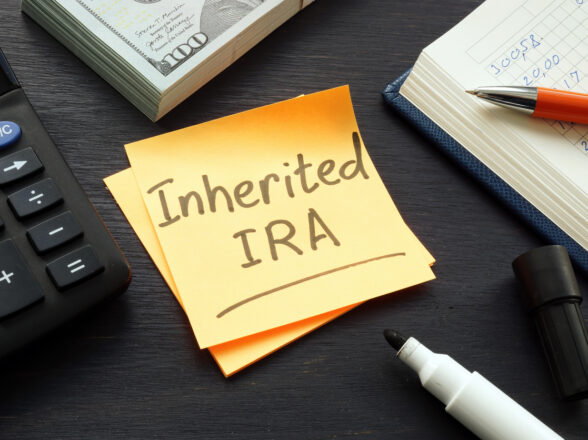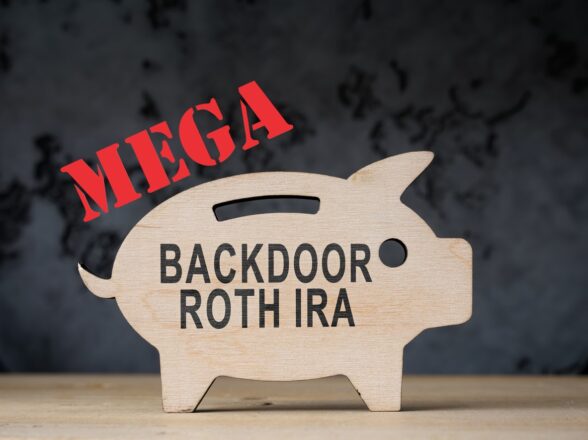Blog
Safeguarding Business Assets During Divorce

Divorce proceedings can undoubtedly send shockwaves through a business, but with the right approach, these impacts can be minimized and managed effectively. By deploying strategic measures, financial advisors and divorce attorneys can safeguard their clients’ professional interests during this challenging time.
First and foremost, it’s crucial to maintain clear communication and establish boundaries between personal and business matters. This separation can help preserve the company’s stability and protect it from the emotional turmoil of the divorce. Additionally, seeking expert valuation of the business assets ensures a fair division and prevents potential disputes down the line.
When a divorce involves a business, delicate facts and figures inevitably come to light. These can include sensitive information about the company’s assets, liabilities, income, and expenses. While this information is crucial for fair asset division, it should not be shared indiscriminately. A well-crafted confidentiality agreement ensures that these sensitive documents remain in the hands of only those who absolutely need to see them, such as relevant experts and legal professionals.
By implementing confidentiality agreements, you create a protective barrier around your business’s proprietary information. This not only safeguards your company’s competitive edge but also prevents potential misuse of financial data by either party or their associates. Remember, the goal is to navigate your divorce while minimizing any potential damage to your business operations or reputation.
Another key strategy is to create a comprehensive contingency plan. This may involve restructuring ownership, revising operating agreements, or even considering a buyout option. Specifically, the most practical approach is often for the business owner to buy out their spouse early in the process, and for a fair price. This buyout typically ranges between 10% and 35% of the business’s value, depending on various factors.
The key to determining the precise percentage lies in accurately assessing the non-titled spouse’s contributions to the business. These contributions may not always be obvious or direct, but they can significantly impact the company’s growth and success. It’s essential to recognize and value these inputs fairly.
Remember, even if the non-titled spouse doesn’t receive part ownership, they will likely be entitled to some value from the business. This is known as the “distributed award.” Embracing this concept is not just fair—it’s the smart course of action. It allows for a cleaner break and helps maintain the business’s health and continuity during the divorce process.
Lastly, utilizing alternative dispute resolution methods, such as mediation or collaborative divorce, can help minimize the negative impact on the business. These approaches often lead to more amicable settlements and reduce the risk of protracted legal battles that could drain company resources.
By deploying these strategies, financial advisors and divorce attorneys can ensure the end of their client’s personal relationship doesn’t also mean the end of their professional ventures. With careful planning and expert guidance, it’s possible to navigate the complexities of divorce while preserving the integrity and success of the associated business.
































































































